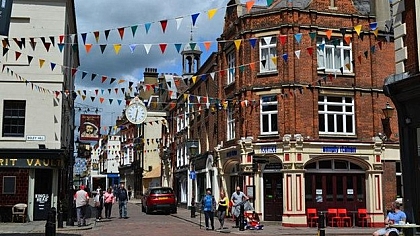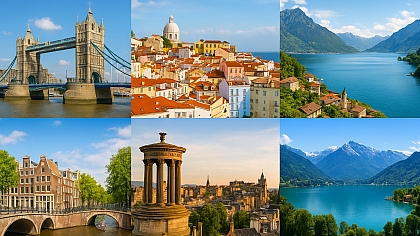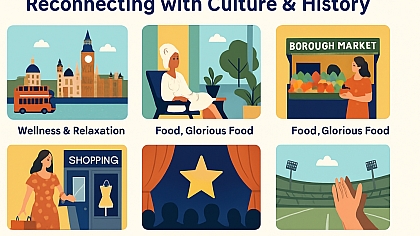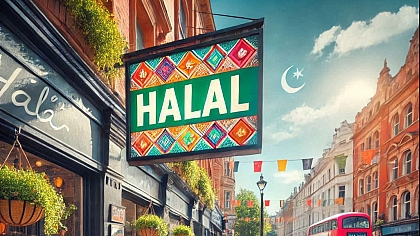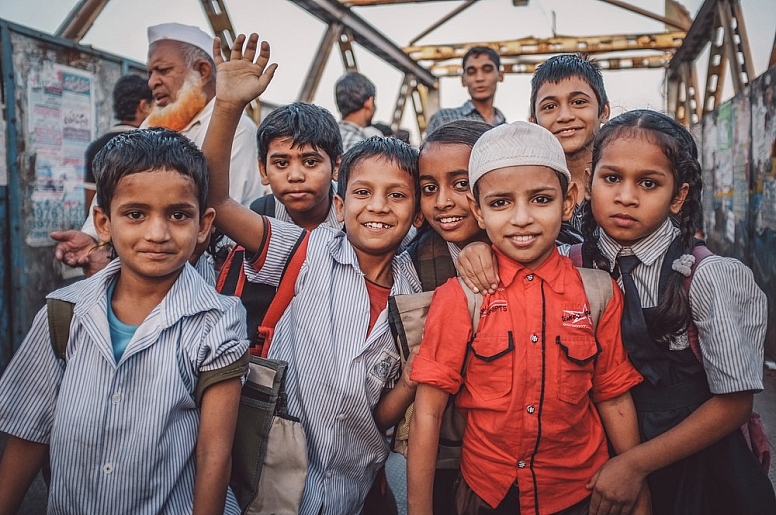
Slum Tourism: Poverty, Power, and Ethics
In recent decades, the phenomenon of slum tourism has emerged as a contentious and polarizing topic in the realm of travel and cultural exploration. Also known as "poverty tourism" or "shanty tourism," this practice involves tourists visiting impoverished urban areas, often located in developing countries, to witness firsthand the living conditions of marginalized populations.
London, a city that juxtaposes wealth and inequality within its own neighbourhoods, provides a unique lens to examine the controversial topic of slum tourism. Though far removed from the favelas of Rio or the townships of Cape Town, London’s own history and its diverse communities offer parallels that challenge us to reflect on how poverty and privilege coexist. From Victorian-era poverty tours in East End slums to contemporary gentrification debates in areas like Brixton or Hackney, Londoners are no strangers to the complex power dynamics of observing and addressing inequality.
For travellers and locals alike, discussions around slum tourism bring ethical questions to the forefront: How do we engage with poverty in a way that empowers rather than exploits? Whether it’s learning from global practices or reflecting on our city’s socio-economic divides, London serves as a poignant backdrop for deeper conversations about responsible tourism and the global effort to bridge inequalities.
While some argue that slum tourism offers a unique opportunity for awareness, empathy, and economic support, others condemn it as voyeuristic, exploitative, and ethically questionable. The complex interplay of poverty, power dynamics, and ethical considerations underpinning slum tourism sparks intense debate about its consequences and legitimacy.
The Dynamics of Poverty
At the heart of slum tourism lies the stark reality of poverty. Slums, characterized by inadequate housing, lack of basic amenities, and limited access to education and healthcare, are emblematic of the systemic inequalities that persist in many parts of the world. These areas often emerge due to rapid urbanization, rural-to-urban migration, and economic disparities.
The poverty on display in slum tourism is a stark reminder of the global socio-economic divide, forcing tourists to confront uncomfortable truths about the world's uneven distribution of resources and opportunities.
Empowerment and Economic Benefits
Proponents of slum tourism argue that it can bring about positive outcomes for both the residents of slums and the tourists themselves. They suggest that these tours can generate income and employment opportunities for local communities, thereby contributing to economic development. By showcasing the resilience and resourcefulness of slum dwellers, slum tourism can challenge prevailing stereotypes and promote a more nuanced understanding of poverty.
Tourists who participate in slum tours often report gaining a heightened sense of empathy and awareness regarding global inequalities. These experiences can inspire individuals to take action, donate to charitable causes, or even engage in volunteer work aimed at improving the conditions of slum residents. In this view, slum tourism has the potential to bridge gaps in understanding and prompt collective efforts towards poverty alleviation.
The Power Dynamics
However, the power dynamics at play in slum tourism cannot be ignored. The act of observing impoverished communities from a position of relative privilege raises questions about the voyeuristic nature of such encounters. Critics argue that slum tourism reinforces a power imbalance, commodifying the struggles of marginalized individuals for the entertainment and education of affluent tourists. This dynamic can perpetuate feelings of exploitation, reinforcing negative stereotypes and perpetuating a sense of otherness.
The very act of framing poverty as a tourist attraction can lead to further marginalization of already vulnerable populations. The residents of slums may be objectified and reduced to poverty as their defining characteristic, overlooking their rich cultural histories, resilience, and agency. Additionally, the influx of tourists can lead to disruptions in the daily lives of slum residents, contributing to a sense of intrusion and loss of privacy.
Ethical Considerations
The ethical implications of tourism are perhaps its most contentious aspect. Critics argue that such tours treat poverty as a spectacle, potentially desensitizing both tourists and society at large to the gravity of the issue. They contend that turning poverty into a form of entertainment can be dehumanizing and perpetuate harmful stereotypes.
Furthermore, concerns about informed consent arise when slum residents become subjects of tourist curiosity. Are the residents truly consenting to being observed and photographed? Is the financial benefit they receive from tours commensurate with the intrusion into their lives? These questions underscore the need for a more ethically sensitive approach to slum tourism, one that prioritizes the dignity and agency of the people being visited.
Towards Responsible Slum Tourism
Addressing the complexities surrounding slum tourism requires a multifaceted approach that takes into account the perspectives and needs of all stakeholders involved. Responsible slum tourism should prioritize the following principles:
- Community Empowerment: Slum tourism initiatives should be developed in collaboration with local communities, ensuring that residents have a voice in decision-making processes. Tour operators should work to create opportunities for economic empowerment, such as hiring local guides and investing in community projects.
- Education and Awareness: Slum tours should aim to educate tourists about the structural causes of poverty and inequality. Guided tours can provide context and promote empathy, discouraging voyeuristic attitudes and encouraging meaningful engagement.
- Ethical Guidelines: Tour operators should establish clear ethical guidelines for interactions with slum residents, including obtaining informed consent for photography and respecting privacy boundaries.
- Equitable Distribution of Benefits: A significant portion of the revenue generated from slum tourism should be reinvested into the community through education, healthcare, infrastructure, and other development projects.
- Regulation and Oversight: Governments and relevant authorities should regulate slum tourism to ensure that it operates within ethical boundaries and contributes positively to local communities.
Slum tourism embodies a complex interplay of poverty, power dynamics, and ethical considerations. While it has the potential to foster awareness, empathy, and economic support, it also raises concerns about voyeurism, exploitation, and dehumanization.
Responsible slum tourism requires a thoughtful and sensitive approach that prioritizes the dignity, agency, and well-being of the communities being visited. As the tourism industry continues to evolve, it is crucial to engage in meaningful dialogue and collective action to ensure that slum tourism contributes positively to global efforts to address poverty and inequality.




